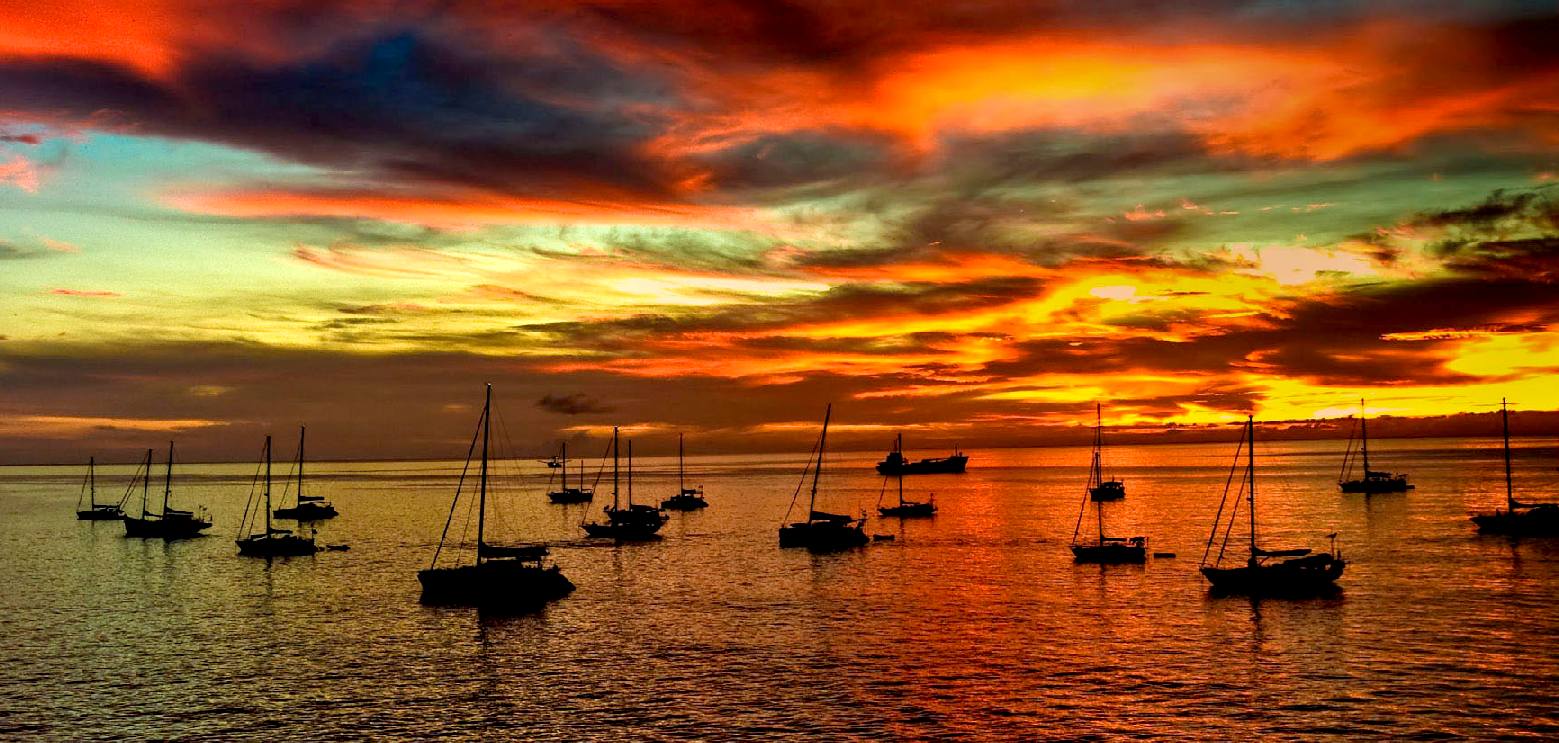|
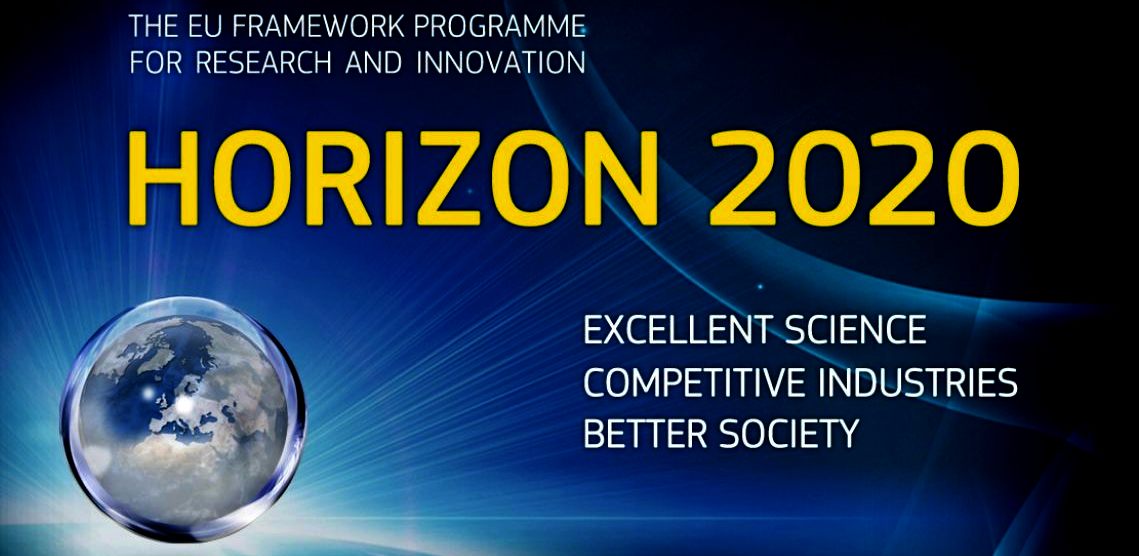
TOPIC
: BLUE
GREEN INNOVATION FOR CLEAN COAST AND SEAS
| Topic
identifier: |
BG-07-2017 |
| Publication
date: |
14
October 2015 |
|
| Types
of action: |
IA
Innovation action |
DeadlineModel:
Opening date: |
single-stage
04 October 2016 |
Deadline: |
14
February 2017 17:00:00 |
|
| Time
Zone : (Brussels time) |
 Horizon 2020 H2020
website
Horizon 2020 H2020
website
Pillar:
Societal Challenges
Work
Programme Year: H2020-2016-2017
|
HORIZON
2020 TOPIC DESCRIPTION
Specific Challenge:
Debris, chemical and microbial pollution and algae jellyfish blooms are huge and increasing problems in the oceans, seas and coasts. For
plastics alone, the economic and ecological cost is considerable when including beach clean-ups, tourism losses, and damages to the fishing and aquaculture industries. In spite of strong legislation such as EU directives, sea and coastal
pollution remains high, and prevention and innovative coast and sea clean-up schemes remain a challenge. Many solutions are available to tackle these sources of pollution, including recycling, waste water treatment, teams of collectors, and specific equipment such as skimmer boats, beach cleaning machines or algae harvesting devices. However, there is a pressing need to develop powerful innovative methods and processes to clean coasts and oceans and to restore the ecosystems to a healthy and clean state. The foremost challenge is not only to remove litter and pollution, but to transform the collected waste into a resource stream in line with the concept of the circular economy.
Scope:
The proposals should be for demonstration projects to clean and lay the ground for a healthy ocean or sea and its coasts in any given large geographic area(s), including regional seas or semi-closed sea basins such as the Mediterranean. The demonstration projects should develop and scale-up innovative processes and measures to clean the selected
site [1] from visible (for example floating plastics or abandoned
fishing gear) and invisible litter (micro-plastics) and
pollutants [2], involving local communities and actors. Collected waste materials should be adequately processed so as to enable a subsequent usage/ exploitation/ re-usage. The proposals should apply an ecosystem approach, developing forecasting tools and models to identify areas where the proposed intervention is likely to be most effective in ecological and economic terms. Social acceptance and economic impact of the envisaged measures must also be considered and promoted, for example by disseminating the project results to relevant stakeholders.
In line with the objective of the EU Strategy for international cooperation in research and innovation (COM (2012) 497), proposals addressing the Mediterranean should contribute to implement the Research and Innovation Initiative for Blue Jobs and Growth in the Mediterranean Area (The BLUEMED
Initiative). [3]
The Commission considers that proposals requesting a contribution from the EU of up to EUR 6 million would allow this challenge to be addressed appropriately. Nonetheless, this does not preclude the submission and selection of proposals requesting other amounts.
Expected Impact:
To contribute to the implementation of EU Policies such as the Marine Strategy Framework Directive and its aim to achieve a good environment status for Europe’s seas and oceans by 2020, proposals are expected to:
Develop innovative technological methods or processes for cleaning coasts and seas and transforming waste into a resource.
Reduce cleaning up/restoration costs through cost-effective solutions, in particular through enhanced resource efficiency.
Increase awareness and acceptance of civil society about the importance of healthy
oceans and
seas, devoid of litter and pollutants, in civil society.
Progress towards reducing pollution and debris (macro, micro and nano) in regional sea basins and beyond, and towards restoring marine ecosystems.
Improve the professional skills and competences for those working and being trained to work within the blue economy.
CROSS-CUTTING
PRIORITIES:
Socio-economic science and humanities - International cooperation
[1]
Each site should be substantial in size and include or be adjacent to different activities.
[2]
The exact selection of pollutants and litter will depend on the area selected. However, the choice of the area must be such that several sources of pollution are addressed.
[3]
The "Research and Innovation Initiative for Blue Jobs and Growth in the Mediterranean Area (The BLUEMED Initiative)" aims to advance a shared vision of a Mediterranean Sea that is healthy, productive, resilient, understood and valued so as to promote the well-being and prosperity of our citizens and future generations and boost socio economic growth and jobs. It was jointly developed by
Cyprus,
Croatia,
Greece,
France,
Italy, Malta,
Portugal, Slovenia and
Spain and presented by the Italian Presidency during the Competitiveness Council of 04-05 December 2014. In March 2015, a Strategic Research and
Innovation Agenda was developed.
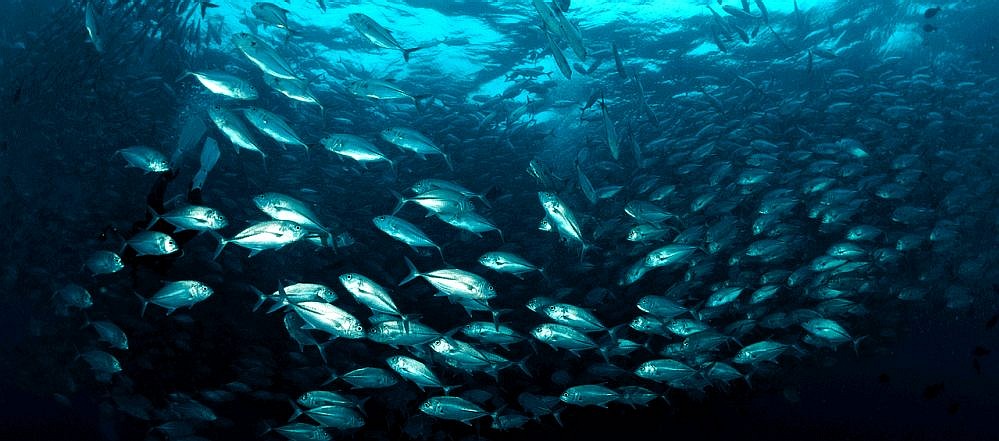
TOPIC
CONDITIONS and DOCUMENTS
Please
read carefully all provisions below before the preparation of your
application.
1.
List of countries and applicable rules for funding: described
in part
A of the General Annexes of the General Work Programme.
Note also that a number of non-EU/non-Associated Countries that are not
automatically eligible for funding have made specific provisions for making
funding available for their participants in Horizon 2020 projects (follow the
links to Australia,
Brazil,
Canada,
China,
Hong
Kong & Macau, India,
Japan,
Republic
of Korea, Mexico,
Russia,
Taiwan).
2.
Eligibility and admissibility conditions: described in part
B and C
of the General Annexes of the General Work Programme
Proposal page limits and layout:
Please refer to Part B of the standard proposal template.
3.
Evaluation
3.1 Evaluation criteria and
procedure, scoring and threshold: described in part
H of the General Annexes of the General Work Programme
3.2 Submission and evaluation
process: Guide
to the submission and evaluation process
4.
Indicative timetable for evaluation and grant agreement:
Information on the outcome of single-stage evaluation:
maximum 5 months from the deadline for submission.
Signature of grant agreements: maximum 8 months from the deadline for
submission.
Information on the outcome of two-stage evaluation:
For stage 1: maximum 3 months from the deadline
for submission.
For stage 2: maximum 5 months from the deadline
for submission.
Signature
of grant agreements: maximum 8 months from the deadline for submission.
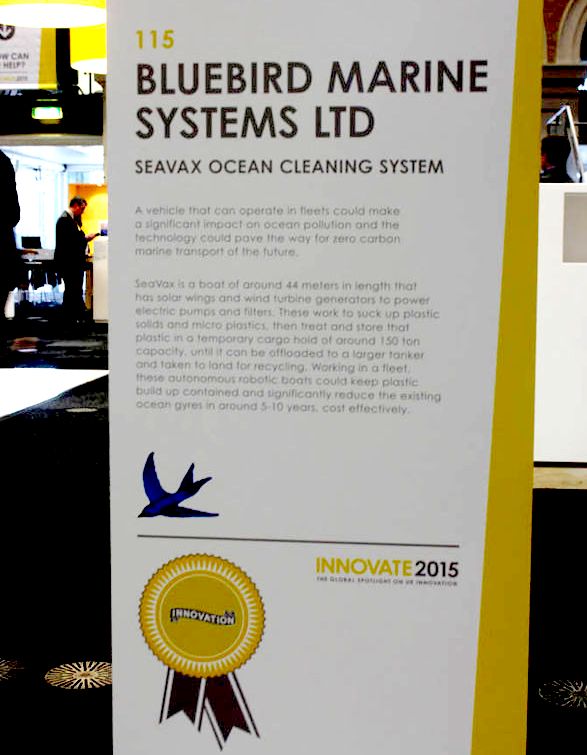
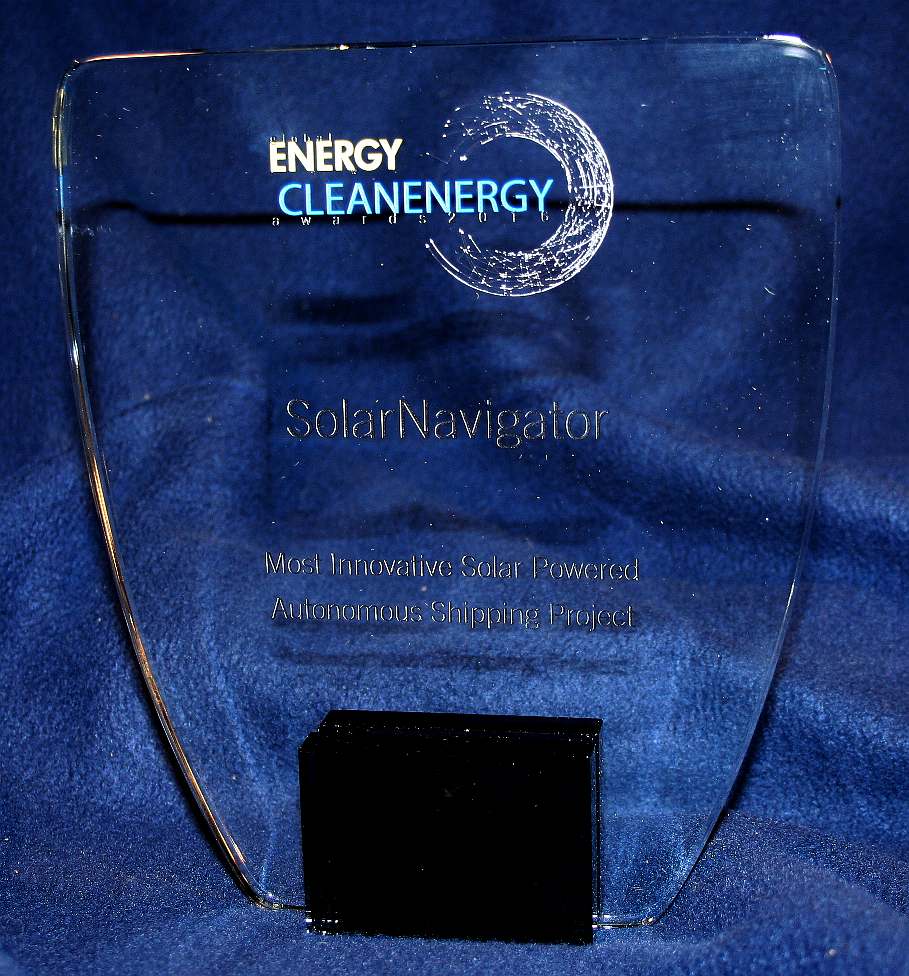
SIGNPOST -
They said it loud and clear in 2015, and this project is bidding again
in 2017 for a funding top up to help them develop superior waste targeting
technology. The SeaVax concept is based on award winning ocean transport
design.
5.
Provisions, proposal templates and evaluation forms for the type(s) of
action(s) under this topic:
Innovation Action:
Specific
provisions and funding rates
Standard
proposal template
Standard
evaluation form
H2020
General MGA -Multi-Beneficiary
Annotated
Grant Agreement
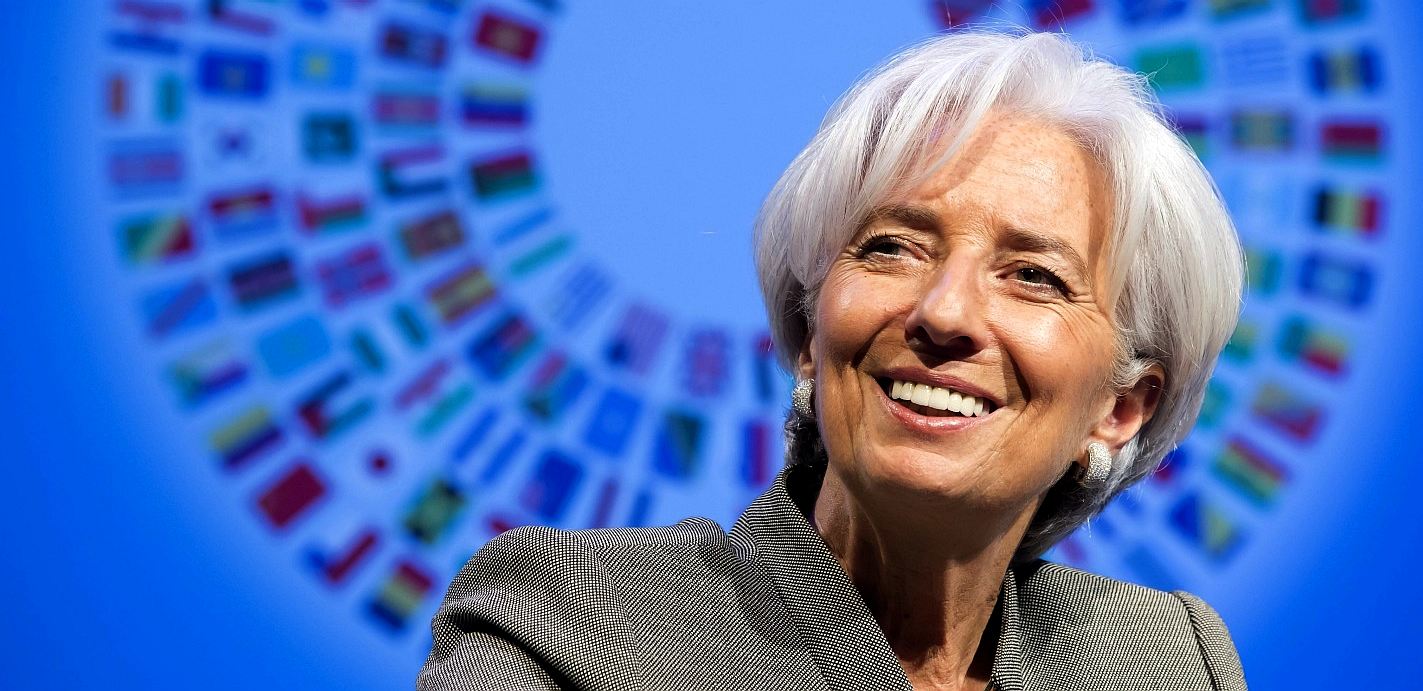
CHRISTINE
LAGARDE
- Christine Madeleine Odette Lagarde is a French lawyer and politician who has been the Managing Director (MD) of the International Monetary Fund (IMF) since 5 July 2011.
Previously, she held various ministerial posts in the French government: she was Minister of Economic Affairs, Finance and Employment, Minister of Agriculture and Fishing and Minister of Trade in the government of Dominique de Villepin. Lagarde was the first woman to become finance minister of a G8 economy and is the first woman to head the IMF.
A noted anti-trust and labour lawyer, Lagarde was the first female chairwoman of the international law firm Baker & McKenzie between 1999 and 2004.
On 16 November 2009, the Financial Times ranked her the best Minister of Finance in the Eurozone.
On 28 June 2011, she was named as the next MD of the IMF for a five-year term, starting on 5 July 2011, replacing Dominique Strauss-Kahn. Her appointment is the 11th consecutive appointment of a European to head the IMF. In 2014, Lagarde was ranked the 5th most powerful woman in the world by Forbes magazine. She was re-elected by consensus for a second five-year term, starting 5 July 2016, being the only candidate nominated for the post of managing director.
Previously, she held various ministerial posts in the French government: she was Minister of Economic Affairs, Finance and Employment, Minister of Agriculture and Fishing and Minister of Trade in the government of Dominique de
Villepin. Lagarde was the first woman to become finance minister of a G8 economy and is the first woman to head the
IMF.
A noted anti-trust and labour lawyer, Lagarde was the first female chairwoman of the international law firm Baker & McKenzie between 1999 and 2004.
On 16 November 2009, the Financial Times ranked her the best Minister of Finance in the
Eurozone.
On 28 June 2011, she was named as the next MD of the IMF for a five-year term, starting on 5 July 2011, replacing Dominique Strauss-Kahn. Her appointment is the 11th consecutive appointment of a European to head the
IMF. In 2014, Lagarde was ranked the 5th most powerful woman in the world by Forbes magazine. She was re-elected by consensus for a second five-year term, starting 5 July 2016, being the only candidate nominated for the post of managing director.
6.
Additional provisions:
Horizon
2020 budget flexibility
Classified
information
Technology
readiness levels (TRL) – where a topic description refers to TRL, these
definitions apply.
Financial
support to Third Parties – where a topic description foresees financial
support to Third Parties, these provisions apply.
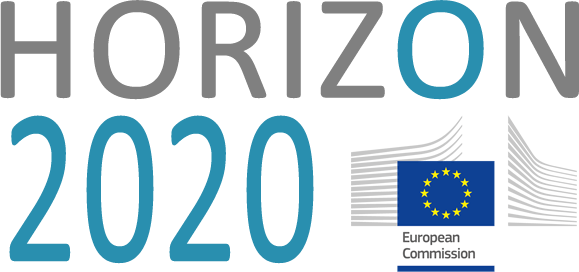
7.
Open
access must be granted to all scientific publications
resulting from Horizon 2020 actions.
Where
relevant, proposals should also provide information on how the participants
will manage the research data generated and/or collected during the project,
such as details on what types of data the project will generate, whether and
how this data will be exploited or made accessible for verification and
re-use, and how it will be curated and preserved.
Open
access to research data
The
Open Research Data Pilot has been extended to cover all
Horizon 2020 topics for which the submission is opened on 26 July 2016 or
later. Projects funded under this topic will therefore by default provide open
access to the research data they generate, except if they decide to opt-out
under the conditions described in annex L of the Work Programme. Projects can
opt-out at any stage, that is both before and after the grant signature.
Note that the evaluation phase proposals will not be evaluated more favourably
because they plan to open or share their data, and will not be penalised for
opting out.
Open research data sharing applies to the data needed to validate the results
presented in scientific publications. Additionally, projects can choose to
make other data available open access and need to describe their approach in a
Data Management Plan.
Projects need to create a Data Management Plan (DMP), except if they opt-out
of making their research data open access. A first version of the DMP must be
provided as an early deliverable within six months of the project and should
be updated during the project as appropriate. The Commission already provides
guidance documents, including a template for DMPs.
Eligibility of costs: costs related to data management and data sharing are
eligible for reimbursement during the project duration.
The legal requirements for projects participating in this pilot are in the article
29.3 of the Model Grant Agreement.
Further information on the Open Research Data Pilot is made available in the H2020
Online Manual.
8.
Additional documents
H2020
Work Programme 2016-17: Introduction
H2020
Work Programme 2016-17: Food security, sustainable agriculture and forestry,
marine and maritime and inland water research and the bioeconomy
H2020
Work Programme 2016-17: Dissemination, Exploitation and Evaluation
H2020
Work Programme 2016-17: General Annexes
Legal
basis: Horizon 2020 - Regulation of Establishment
Legal
basis: Horizon 2020 Rules for Participation
Legal
basis: Horizon 2020 Specific Programme SEAVAX
2017 - EU
MARKET
USER NEEDS ANALYSIS
SEAVAX
2018 - EU
DESIGN
TO MEET NEEDS
SEAVAX
2019 - EU
BUILD
& LAUNCHER SEAVAX PROTOTYPE
SEAVAX
2020 - EU
TEST
OCEAN TRIALS VALIDATION
SEAVAX
2021 - EU
EXPLOITATION
WRITTEN EVALUATION & EVENTS
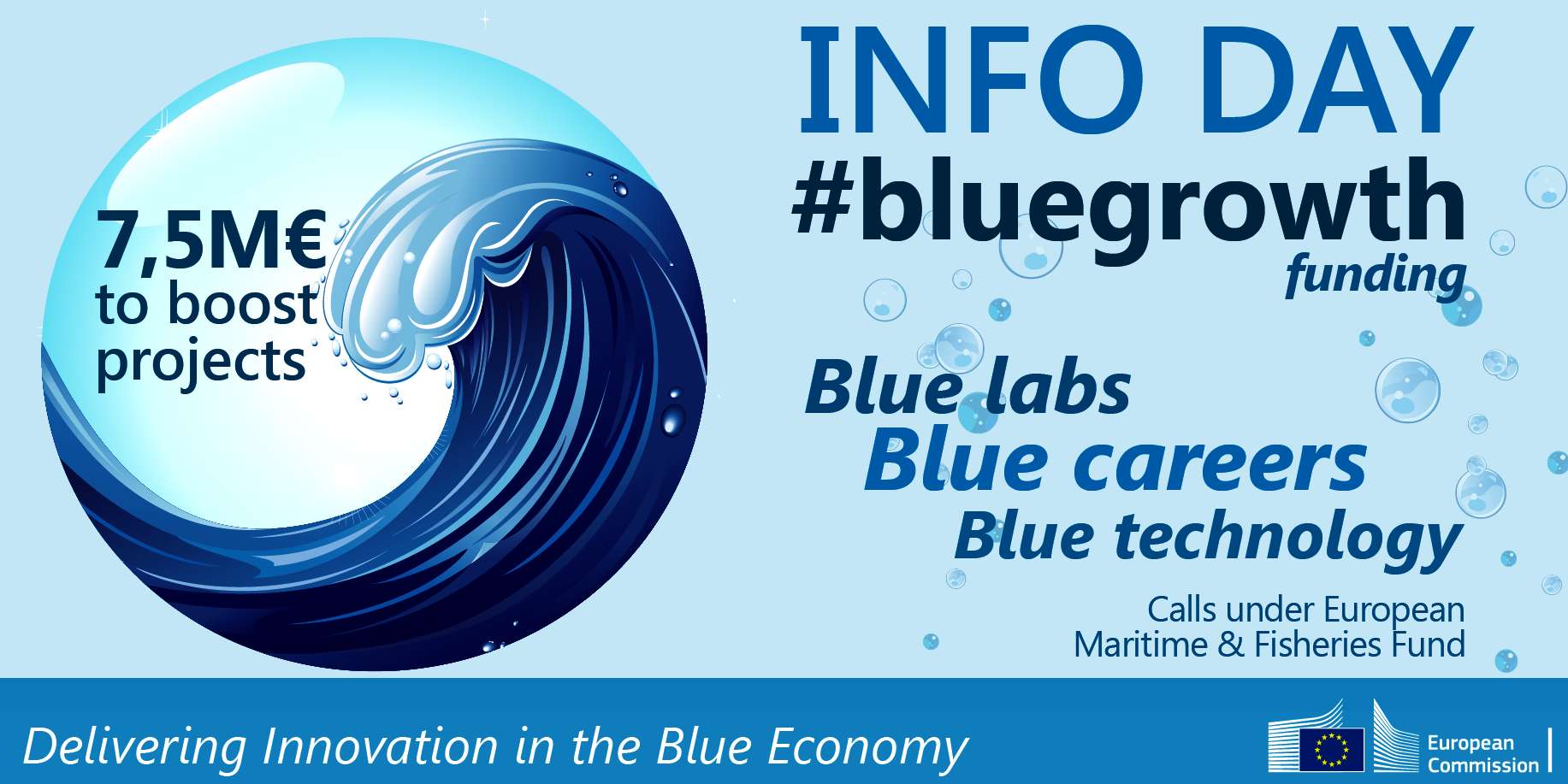
EU
BLUE GROWTH CALL BACKGROUND 2014 - 2016 EXECUTIVE AGENCY FOR SMEs
- INFORMATION DAY - BLUE GROWTH CALLS UNDER THE EMFF 5 APRIL 2016
This year, three calls for proposals are open under the European Maritime and Fisheries Fund to foster blue growth across Europe. The European Commission organised a Launch Event on 5 April 2016 to present those calls.
The event has been opened by Karmenu Vella, Commissioner for Environment, Maritime Affairs and Fisheries, followed by Gesine Meissner, Member of the European parliament and keynote speakers from DG MARE and DG Research and Innovation as co-authors of the Communication on Innovation in the Blue economy.
Press Release
Final Agenda
Watch the video recording
PRESENTATIONS
* EMFF:
a direct contribution to Blue Growth
- Alenka KAMPL (EASME)
*
Blue
careers in Europe - Alessia CLOCCHIATTI (DG MARE) / Charlotte
JAGOT (EASME)
*
Blue
labs - Luca MARANGONI (DG MARE) / Victoria BEAZ HIDALGO (EASME)
*
Blue
technology - Claus Schultze (DG MARE) / Victoria BEAZ
HIDALGO (EASME)
*
How
to Apply - Tips for your proposal - Charlotte JAGOT (EASME)
BACKGROUND
INFORMATION
With a budget of over 7,5M€, the calls 'Blue
careers', 'Blue
labs' and 'Blue
technology' will respectively help enhancing career opportunities in the maritime economy, stimulating the creativity of young researchers and set-up cooperations that will help bring research results to the market in promising blue growth technology areas.
The calls will be open to all sea basins surrounding the EU coasts and will target a wide range of stakeholders of the blue economy
The launch of these three calls represents a concrete step to implement the "Communication from the Commission: Innovation in the Blue Economy:
realising the potential of our seas and oceans for jobs and growth ".
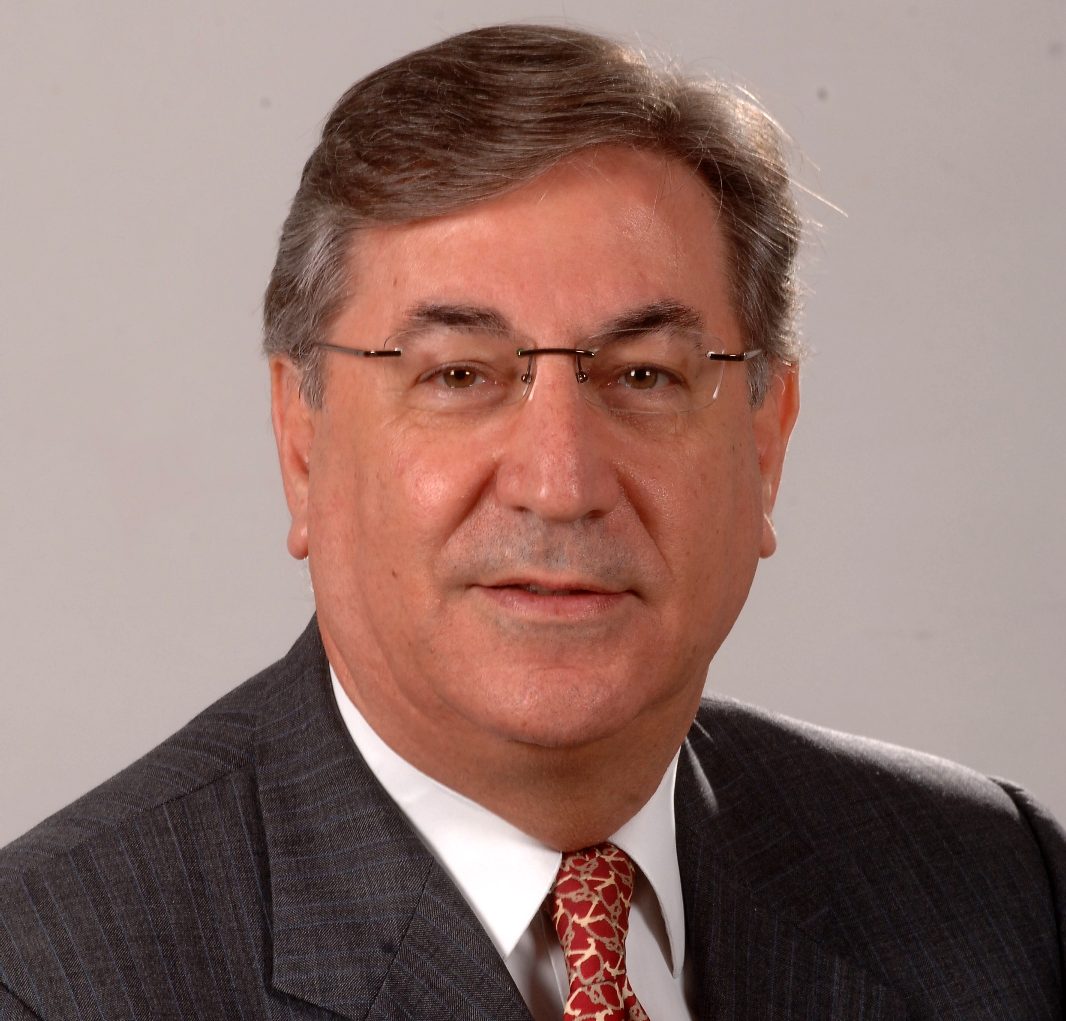
KARMENU
VELLA - Karmenu Vella is the current member of the European Commission, where he is in charge of Environment, Maritime Affairs and Fisheries. He was one of the longest serving Maltese Parliamentarians with the Malta Labour Party.
During his professional career, Karmenu Vella has held a number of managerial and directorship posts. In 1973 he started his own private practice as an Architect and Civil Engineer, and during that same year he was appointed a director until 1976 on Mid Med Bank - Malta. In 1974 he joined the Libyan Arab Maltese Holding Company as its Managing Director until 1981. During that period he also served as a Director on a number of the Company's subsidiaries which included: Mediterranean Aviation Co Ltd., Medelec Switchgear Co Ltd., Mediterranean Power Electric Co Ltd., Rotos Zirayia Pumps Co Ltd., and Plastic Processing Co Ltd. In 2001 he was appointed Executive Chairman of Corinthia Hotels International till 2007 and then Executive Chairman of Corinthia's Mediterranean Construction Co Ltd., up to 2010. In 2010 he joined Betfair Group Ltd. as a director and sat on SMS-Mondial Travel Group's Board as Chairman until 2013.
EU SETS OUT PLANS TO STIMULATE
BLUE GROWTH INNOVATION
(22/05/2014) As fresh water and land are running scarce in the face of a growing world population, we will have to turn more and more to our oceans for our food, medicine and energy needs. This blue economy has the potential of creating more jobs and further our economic growth but this must be done sustainably so that future generations can enjoy the same healthy and vibrant oceans that we enjoy in our lifetime. Innovation across all sectors is therefore key to realising the growth and jobs potential and can also bring environmental benefits.
Two thirds of our planet is covered by oceans and seas. If we manage them in a responsible manner, they can provide sources of food, medicine and energy while protecting ecosystems for generations to come. In order to untap the potential and exploit our waters in a sustainable way, the Commission identifies a number of challenges that need to be overcome: our knowledge about the sea is still limited, maritime research efforts between Member States are not linked up, whilst the European workforce of tomorrow will need more engineers and scientists to apply new technologies in the marine environment. The Commission's new Action Plan for Innovation in the 'Blue Economy' seeks to address these issues and to help us use ocean resources sustainably and drive growth and jobs in Europe.
European Commissioner for Maritime Affairs and Fisheries, Maria Damanaki said: "Today, we put the building blocks in place so that tomorrow's generation of Europeans will have the knowledge and skills to better manage our oceans and draw the full benefits they can provide us, while respecting the balance of the ecosystem of the sea." She continued: "For example, our initiative to create a digital map of the entire seabed of European waters will increase the predictability for businesses to invest, lowering costs and stimulate further innovation for sustainable blue growth." 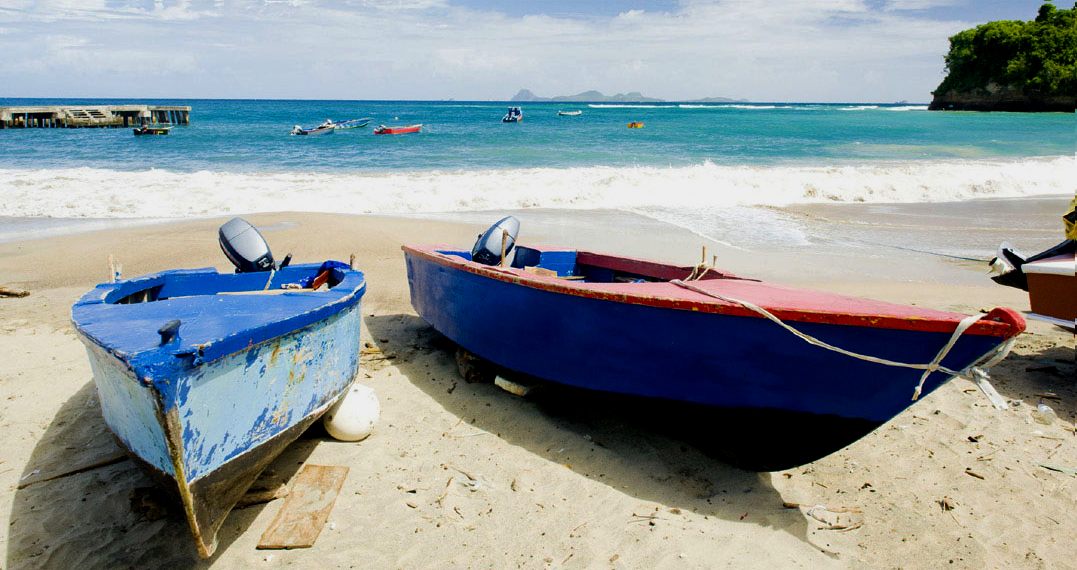
MORE:
*
EU
eyes oceans innovation as source of sustainable growth
*
Blue
Economy Innovation: examples of EU marine research
*
Blue
Innovation: Removing the bottlenecks for sustainable investment in our
seas
*
Questions
and Answers on innovation in the blue economy
*
Getting
beyond the surface of blue growth potential
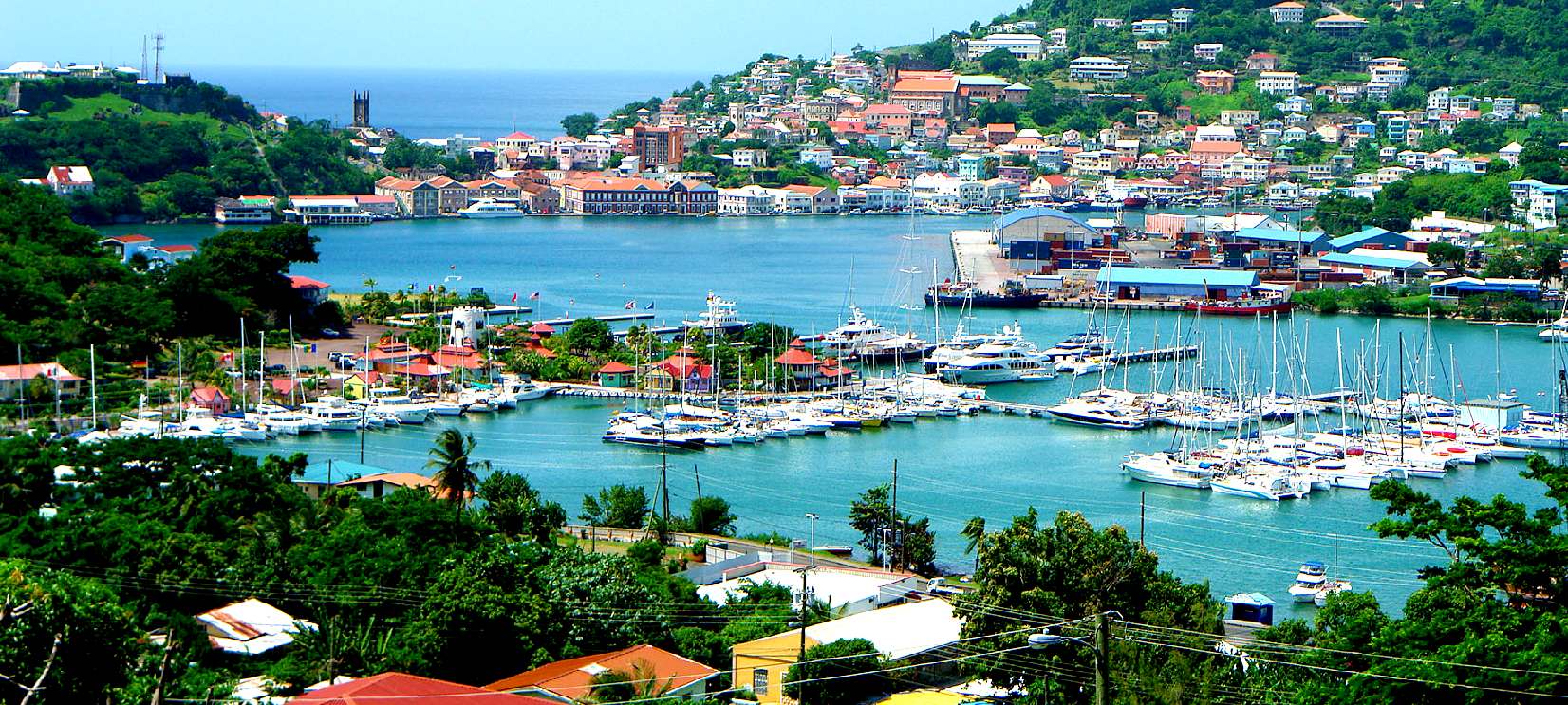
BLUE
WEEK 2016 GRENADA, CARIBBEAN
Blue
growth as an item on political agendas is an international phenomenon,
from the cold north to the tropical south. Island nations are
particularly susceptible to loss of income from fishing and tourism.
The
Blue Week 2016 and Investment Conference represents a response to
major recent developments in the global oceans agenda: The adoption of
the Agenda 2030 by the United Nations in 2015, including the
sustainable development goal on oceans and seas (SDG 14), and the
Paris Agreement, concluded at the UN Framework Convention on Climate
Change in December 2015.
Organized and hosted by the Government of Grenada with support from
the Government of the Netherlands and in collaboration with the Global
Ocean Forum (GOF), the Food and Agriculture Organization of the United Nations (FAO), the Clinton Climate Initiative, the World Bank, the Global Environment Facility, rare, The Nature Conservancy (TNC), the Organization of American States (OAS), the University of Delaware’s Gerard J. Mangone Center for Marine Policy, GLISPA, Center for Responsible Travel and other public and private partners.
St. George’s, Grenada
May 14 to 22, 2016


Emails:
safiya.sawney@gmail.com
thebluenetwork@sunshinesachs.com
info@purecerulean.com
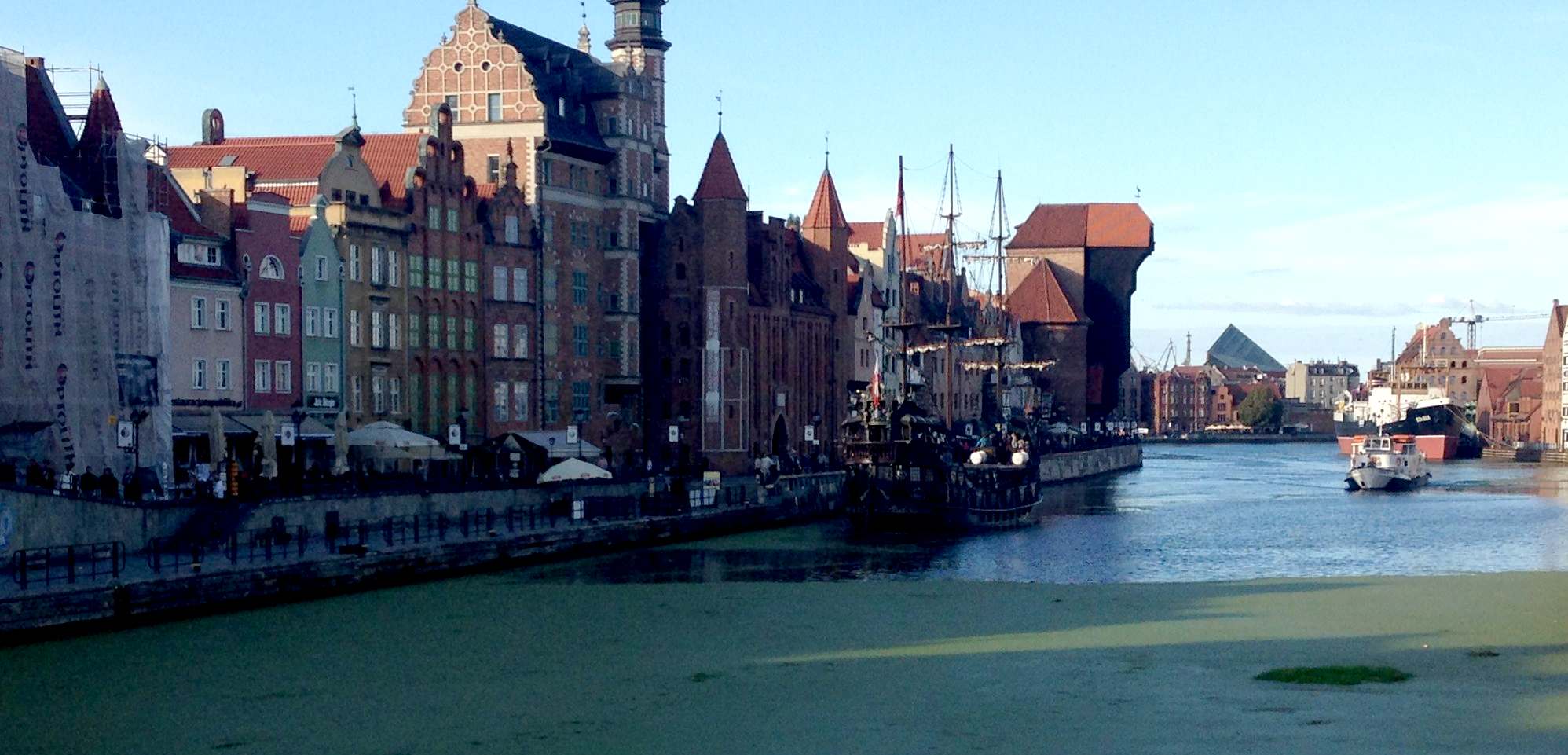
UK - IN IT TO WIN IT
The UK government has provided reassurance to UK participants of the European Union’s Horizon 2020 Programme with a commitment to safeguard funding for research and innovation projects. The Treasury will underwrite funding for approved Horizon 2020 projects applied for before the UK leaves the European Union*
The commitment will provide reassurance to applicants from the UK’s research and innovation base when applying for EU research funding
Horizon 2020 basics
• Collaborative Project Types
Research and Innovation 100% funded (RIA)
Innovation Actions 70% funded (100% NotForProfit)(IA)
Coordinated Support Actions 100% funded (CSA)
Strong emphasis on expected impact and Market exploitation and Industry participation, especially SMEs is vital
UK BLUE GROWTH OBJECTIVES
Demonstrate the innovative potential of the Oceans by bringing technology to market
test, demonstrate, scale-up and bring to the market innovative, sustainable technologies, products and services while respecting marine ecosystems.
Foster innovation and business opportunities for rural and coastal areas through new approaches and business models
Link healthy oceans and seas with healthy people:
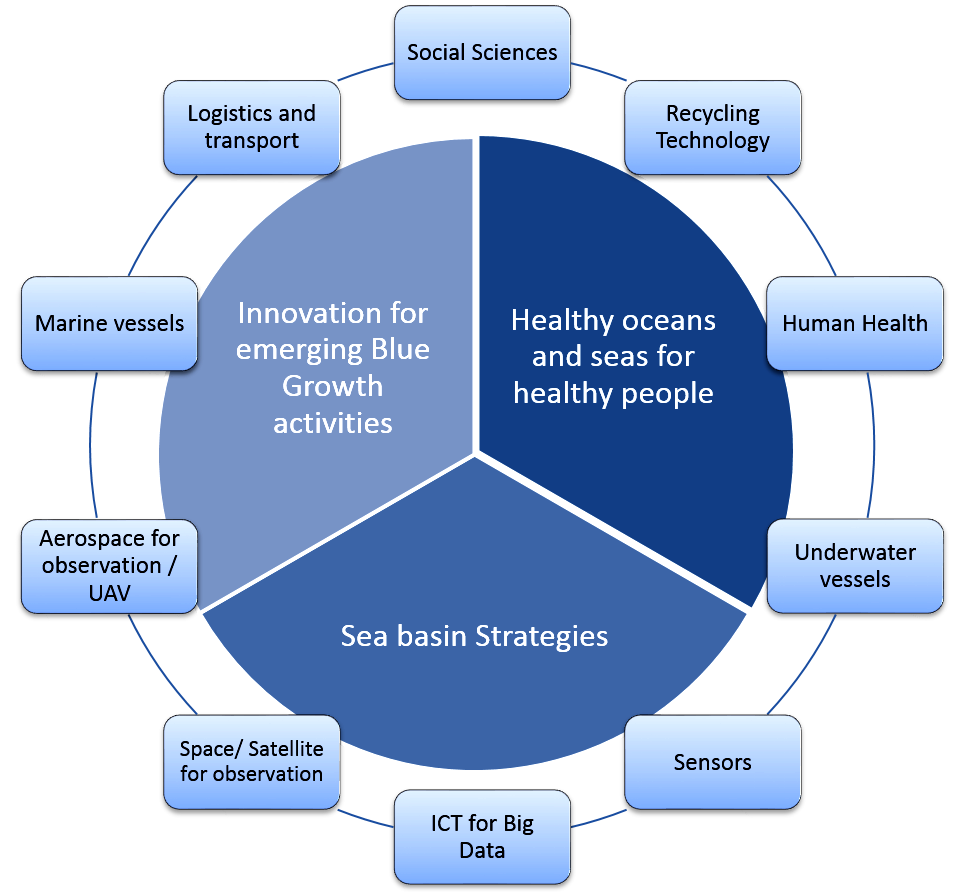
EU
COLLABORATIVE RESEARCH FUNDING OPPORTUNITIES
BG-02-2017: Specialised vessel concepts for more efficient servicing of maritime activities €8m (IA)
Specialised vessels for offshore activities - Concepts should be developed to a pre-commercial stage technology readiness level (TRL) 5 and include: simulation, model testing, consideration of the most suitable construction and production principles for small series or one off vessels of this type
BG-04-2017: Multi-use of the oceans marine space, offshore and near-shore: Enabling technologies €8m (IA)
Proposals should develop combinations of innovative, cost-effective technologies and methods including automation and remote monitoring technologies, flexible structures and facilities in order to test concepts of multi-use platforms leading to pilot demonstration
BG-06-2017: Interaction between humans, oceans and seas: a strategic approach towards healthcare and wellbeing. €2m (CSA)
Create a multi-stakeholder forum that issues a strategic research agenda for oceans and human health, based on new scientific and/or technological evidence and best practices across different geographical locations and climates.
BG-07-2017: Blue green innovation for clean coasts & seas €6m (IA)
Develop innovative technological methods or processes for cleaning coasts and seas and transforming waste into a resource.
Reduce cleaning up/restoration costs through cost-effective solutions, in particular through enhanced resource efficiency.
Increase awareness and acceptance of civil society about the importance of healthy oceans and seas, devoid of litter and pollutants, in civil society.
BG-08-2017: Innovative sustainable solutions for improving the safety and dietary properties of seafood €7m (IA)
build on state-of-the-art research from EU and other projects in this field, focus on nutrition, quality and food safety (from harvesting to the final products). Develop commercial solutions to improve the socio-economic and environmental sustainability of the seafood industry, and contribute to product quality and safety.
RUR-02-2017: Coastal-rural interactions: Enhancing synergies between land and sea-based activities €5m (RIA)
Combining environmental, agricultural and socio-economic research, proposals will identify and analyse interactions between land (coast and hinterland) and sea, identify the various components of local economies at the interface of land and sea and analyse their respective importance and short, medium and long-term development trends taking into account market, environmental and climate forecasts.
MG-2.1-2017 - Innovations for energy efficiency and emission control in waterborne transport €5 - 9m (IA)
introduce a step change in energy efficiency and emission reductions; explore alternative fuels through real world demonstrators; prepare the ground for vessel electrification where sailing distances and infrastructures permit it and to optimise the basic performance of vessels.
MG-2.4-2017 - Complex and value-added specialised vessels €8 -12m (IA)
•explore the best design concepts and construction and production principles for complex, one off and small series vessels, and modular standardised vessels, also in terms of marketability (technology push) and future skills requirements along the value chain (especially as regards SMEs active in this area).
Calls and topics in the context of H2020
• Calls are challenge-based, and open to innovative proposals
• Calls are less prescriptive –
• They don’t outline the expected solutions, or the approach to be taken to solve it
• Emphasis on impact, each topic has an impact statement
• You must explain how they will address these impacts
• Bring together different disciplines, sectors and actors to tackle specific challenges
• “Horizontal” issues such as sustainability, climate change, gender are intrinsic to all projects
DEADLINES
Blue Growth
Feb 14th 2017 Stage 1 and Single stage
http://ec.europa.eu/research/participants/data/ref/h2020/wp/2016_2017/main/h2020-wp1617-food_en.pdf
Transport
26 Jan 2017 (First stage)
19 Oct 2017 (Second stage)
http://ec.europa.eu/research/participants/data/ref/h2020/wp/2016_2017/main/h2020-wp1617-transport_en.pdf
Horizon 2020 UK website: www.h2020uk.org
National Contact Point for SC2 – Ian Holmes
ian.holmes@innovateuk.gov.uk
@UKH2020_Sustain
National Contact Point for Transport – Louise Mothersole
Louise.Mothersole@innovateuk.gov.uk
@NCP_Transport
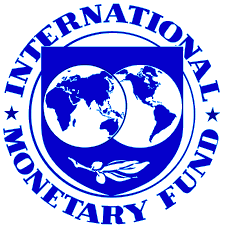
LINKS
http://ec.europa.eu/newsroom/mare/itemdetail.cfm?subweb=342&lang=en&item_id=16434
https://ec.europa.eu/research/participants/portal/desktop/en/opportunities/h2020/topics/bg-07-2017.html
http://www.bluegrowth.org/
https://www.linkedin.com/pulse/h2020-support-blue-growth-transport-maritime-sector-ian-holmes
http://www.2020visionnetwork.eu/sme/
http://www.imf.org/
http://www.twitter.com/thebluenetwrk
http://www.facebook.com/thebluenetwork
https://twitter.com/Lagarde
http://erc.europa.eu/funding-schemes
ACIDIFICATION
- ADRIATIC
- ARCTIC
- ATLANTIC
- BALTIC
- BAY
BENGAL - BERING
- CARIBBEAN
- CORAL
- EAST
CHINA
ENGLISH
CH - GOC
- GULF
GUINEA - GULF
MEXICO - INDIAN
-
IOC
- IRC
- MEDITERRANEAN
- NORTH
SEA - PACIFIC
- PERSIAN
GULF - SEA
JAPAN - STH
CHINA - PLASTIC
- PLANKTON
- PLASTIC
OCEANS - SEA
LEVEL RISE - UNCLOS
- UNEP
WOC
- WWF
AMAZON
- BURIGANGA
- CITARUM
- CONGO - CUYAHOGA - GANGES
- IRTYSH - JORDAN
- LENA - MANTANZA-RIACHUELO
MARILAO
- MEKONG - MISSISSIPPI - NIGER - NILE - PARANA - PASIG - SARNO - THAMES
- YANGTZE - YAMUNA - YELLOW
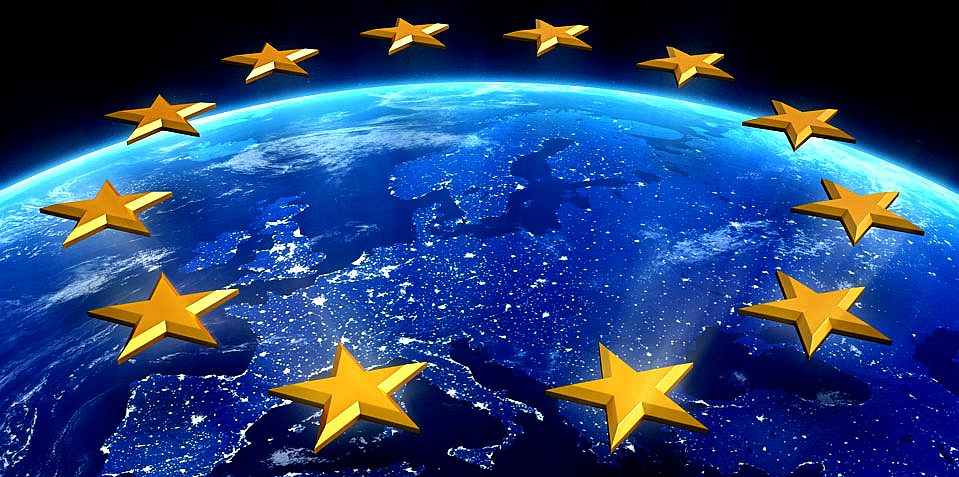
|













